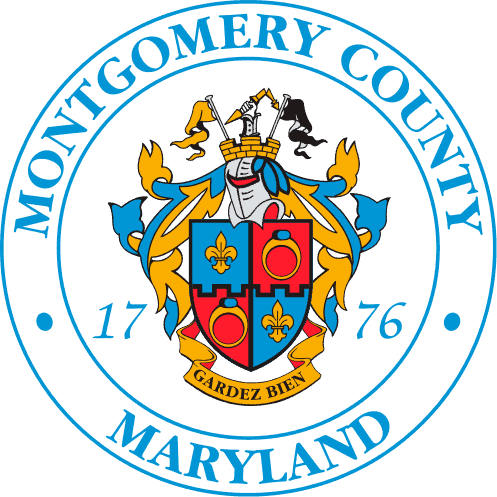
During Black History Month, while we celebrate the strength and successes of the Black/African American community, we also reflect on our ongoing challenges and the progress being made, particularly in three critical health areas: maternal health, cancer, and mental health.
Recently, there's been increased attention on the significant health disparity showing that Black/African American mothers are three times more likely to experience pregnancy-related death compared to White American mothers. But there's good news ahead. Last year, the Biden-Harris Administration promised over $103 million to address the maternal health crisis. Recognizing that the lack of access to job-protected paid parental leave has a negative impact on maternal health outcomes, Maryland has passed laws to make parental paid leave mandatory. Additionally, the Maryland Department of Health has expanded Medicaid coverage for pregnant beneficiaries, extending the period that new mothers can receive postpartum care services from 60 days to 12 months. These initiatives give us hope for better health outcomes for Black/African American mothers and their families.
From 1999 to 2019, cancer death rates among Blacks/African Americans have decreased, particularly in lung and stomach cancers, thanks to increased awareness, screening, and treatment options. However, statistics show that Blacks/African Americans still face a higher risk of dying from cancer within five years of diagnosis and more often detect serious cancers too late, when treatment is less effective. Despite these challenges, the gap in cancer outcomes is closing, and with efforts to promote participation of Blacks/African Americans in cancer treatment clinical trials, this trend is likely to continue.
The mental health landscape for African Americans is complex. In 2020, suicide was the third-leading cause of death among Blacks/African Americans aged 15 to 24. Despite an overall suicide rate that was lower than that of White Americans, the rate of suicide attempts among Black/African American females in high school was 60% higher than that of their White counterparts in 2019. Furthermore, while 21% of Blacks/African Americans reported having a mental illness in the 2021 National Survey on Drug Use and Health, only 39% received mental health services, compared to 52% of White Americans. Growing awareness about mental health and public campaigns to de-stigmatize mental illness bring hope that more Blacks/African Americans will get the support they need. If you think you may need mental health support, AAHP’s online mental health assessment tool can provide resources to point you in the right direction. Take a mental health screening test here.
As we celebrate the achievements and resilience of the Black/African American community during Black History Month, let’s remember to keep health at the forefront of the journey toward equity and prosperity.

